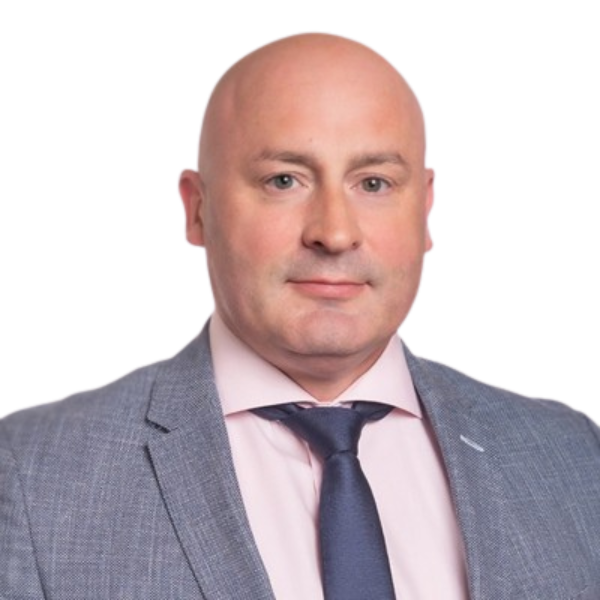“The storyteller makes no choice
Soon you will not hear his voice
His job is to shed light
And not to master
Since the end is never told
We pay the teller off in gold
In hopes he will come back
But he cannot be bought or sold”
– Terrapin Station, Hunter/Garcia
After attaining many years of experience in the architecture, engineering, and construction industry, certain professionals find the allure of becoming a testifying expert witness tough to resist. The transition to an expert isn’t necessarily an easy one, with few resources available to guide you.
Ted Bumgardner has been designated as an expert witness on more than 700 construction disputes and has testified under oath 300+ times. He occasionally mentors newer experts entering the fray for the first time. One piece of advice he frequently offers is the importance of storytelling within the context of serving as an expert witness. With Ted’s permission, I would like to share this little snippet that he recently wrote on the subject:
“It is an established fact that people are more likely to understand, trust and believe the information presented to them in the form of a story as opposed to just the facts. This can be both good and bad. Consider how false and seemingly unbelievable information—when wrapped in a story and shared on social media, for example—can effectively sway opinion. The reality is that we make decisions based on emotion first and reason second. More often than not, we make a decision based on emotion and then use our analysis of ‘facts’ to support the decision we have already made.
For an effective expert witness, communication of the information is more important than the information in and of itself. When you are able to communicate information in a way that non-technical people can relate to it, your message will be much more effective.
If you believe that people will believe you strictly because of your impressive CV, you will not only be perceived by the jury as boring and arrogant, you will also fail to persuade them to believe your conclusions.”
This is not simply an opinion held by Ted. In fact, research shows that how we process information (which is influenced by how it is presented) is as important—if not more—than what is being processed.
The Jury Expert, a peer-reviewed publication of The American Society of Trial Consultants, delves into the science behind the influence of expert testimony on triers of fact in an article entitled Juries, Witnesses, and Persuasion: A Brief Overview of the Science of Persuasion and Its Applications for Expert Witness Testimony (by Rebecca Velez, Tess Neal, and Margaret Kovera. December 16, 2016). It opens with the following:
Expert testimony is important for helping jurors make legal decisions when information needed for making those decisions is not common knowledge. Expert witnesses are invited by the courts to testify and share with the jury their specialized knowledge and they may be permitted to offer an expert opinion. Through their testimony, expert witnesses communicate information to the jury with the potential to influence the jury’s decision and persuade them one way or another. Thus, expert testimony often functions as a persuasive message from the expert (the source) to the jury (the audience).
The authors describe two primary models for understanding the effectiveness of persuasive arguments. In the first, central processing, the decision-maker evaluates the merits of an argument based on the content. The difficulty here is that it requires that the decision-maker be sufficiently knowledgeable on the subject matter to be able to, in effect, render an independent evaluation of the expert testimony.
We see that problem a lot in complex disputes involving highly technical issues. An expert tries (until they are blue in the face) to explain how the coefficient of friction is a little wonky, or the WUFI calculations are coming up rainbows, or the nuclear moisture testing is reading 19% of the event horizon. Yet, for some reason, nobody gets it. (Go figure.)
On the other hand, there is what is called the Peripheral Route to Persuasion. Besides sounding like a great name for an album by an obscure indie band, this is where the decision-maker evaluates an argument based primarily on superficial aspects, with much less emphasis given to the actual content itself.
In previous studies cited by the authors, it was found that “[p]eople are more likely to be persuaded by an attractive, likable, and powerful person than they are by a less attractive, likable, or powerful person despite the content of the argument or statement.”
Is the takeaway that experts should just focus on making people like them? Well, not necessarily.
According to the researchers’ findings, expert witness testimony was perceived most credible, and therefore most useful in making decisions, when the decision-maker is able to evaluate expert testimony using central processing, or systematically. At the same time, the researchers found that peripheral processing must also be taken into account.
This is especially important when, as is often the case in high-stakes disputes, there are experts presenting on behalf of each opposing party. According to the authors, past research on the efficacy of expert testimony seemed to indicate that when there are two diametrically opposed experts, juries, in particular, tend to view both as biased, leading to something called the “skepticism effect.” They made an interesting point about how this can be overcome:
“However, a recent study suggests that opposing experts can help jurors weigh evidence if the expert demonstrates to jurors how the other expert’s arguments are flawed by using a visual aid to walk them through a methodological evaluation of the research used by that expert. This approach can show jurors how to effectively evaluate the validity of evidence and has a ‘sensitizing effect’ on jurors, enabling them to evaluate and compare evidence given by opposing experts, instead of relying on the peripheral ‘skepticism effect’ cue.”
What’s the Point?
The facts of any case, dispute, assignment, or project matter.
Without an evidence-based approach, no expert will ever be viewed as credible by a reasonably prudent trier of fact. However, there are a number of ways an expert can negatively influence the decision-making process.
Some of these include an expert who is (1) so boring, arrogant, or confrontational to be found unlikable, (2) so defensive and intransigent in their positions to be seen as biased, or (3) not familiar enough with the facts of the case and lacking a connection to research or industry standards to be found less than qualified.
To avoid these pitfalls, expert witnesses should help decision-makers better understand highly technical problems through the effective use of storytelling. Better yet, they should combine their compelling story with an especially useful and relevant visual aid (not a 150-slide PowerPoint). The best expert witnesses understand the importance of both the art and science of the field. In the end, it is not just the hard facts, but how they are communicated that makes all the difference.
To learn more about VERTEX’s Expert Witness & Dispute Resolution services or to speak with an Expert, call 888.298.5162 or submit an inquiry.
Author: Brian Hill
This article was originally published by Xpera Group which is now part of The Vertex Companies, LLC.



